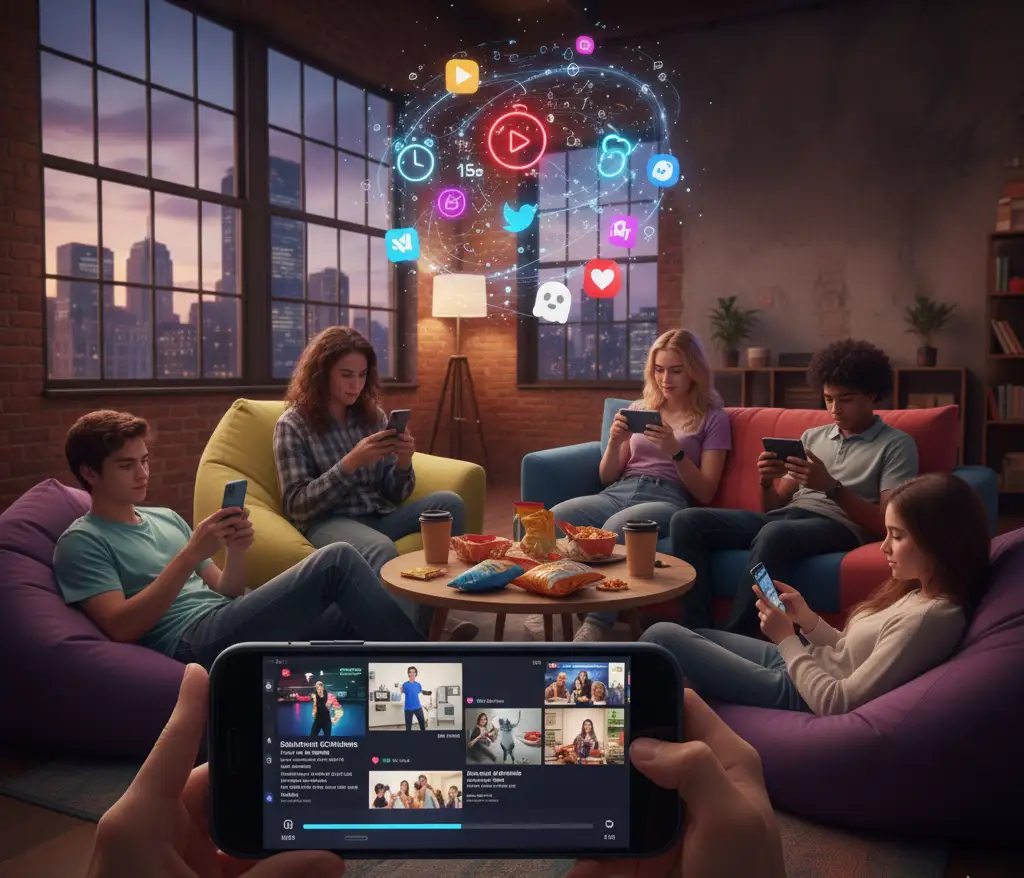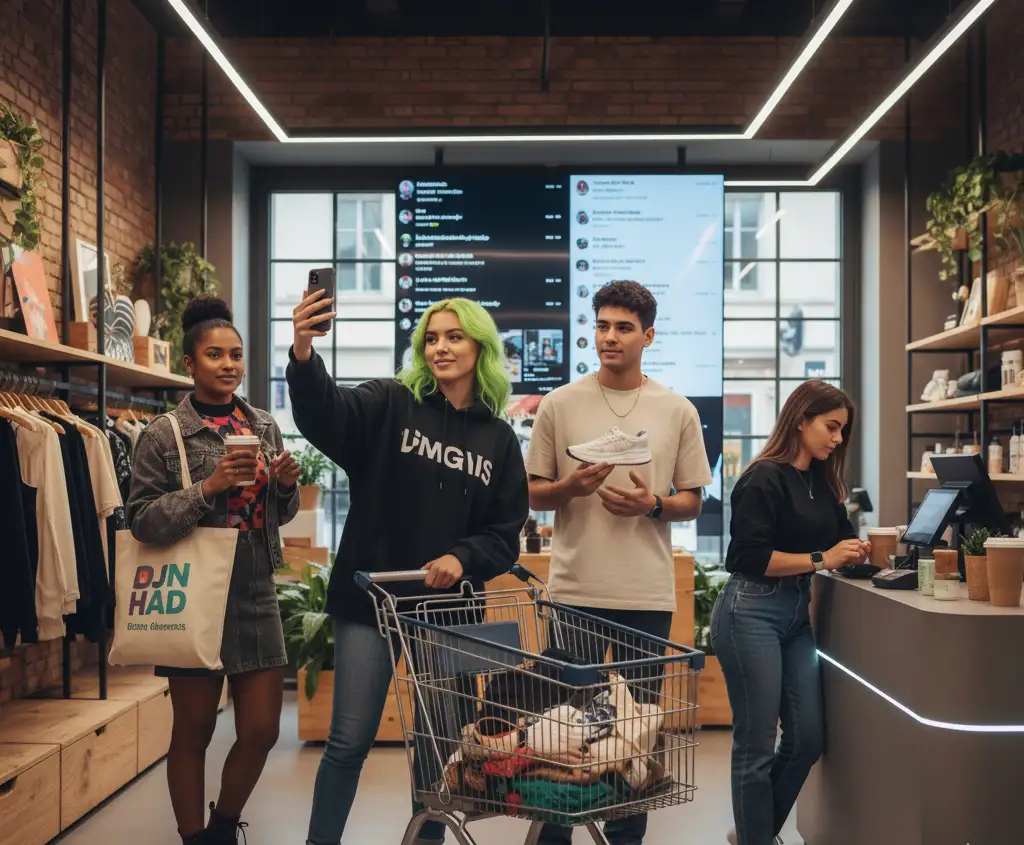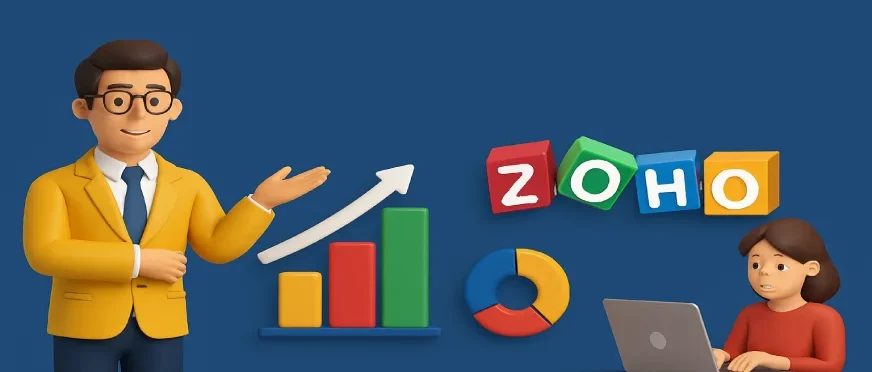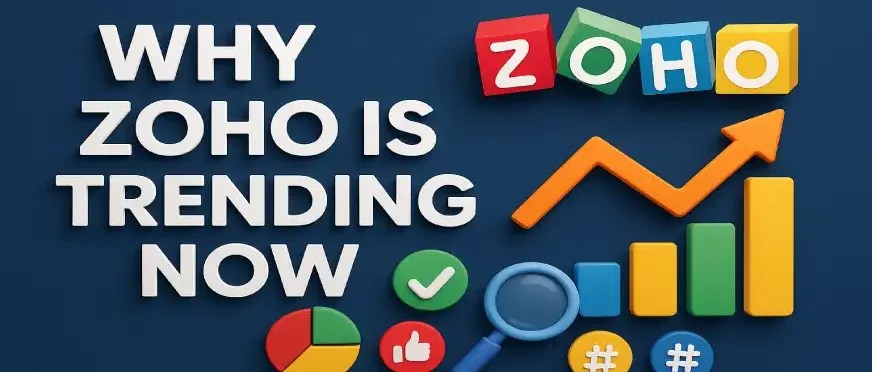Gen Z Influencers have become the driving force behind what we watch, buy, and even believe online. Born between 1997 and 2012, this generation grew up with the internet at their fingertips. For them, social media is not just entertainment, it’s a way to connect, shop, and express themselves. Surveys show that 65% of Gen Z discover new brands on social media (HubSpot, 2024). With that much influence, it’s clear that Gen Z Influencers aren’t just content creators. They’re shaping culture, setting trends, and deciding which brands rise or fade away.
What Makes Gen Z Influencers Different?
One big reason Gen Z Influencers stand out is their relatability. Unlike older generations who admired polished celebrities, Gen Z prefers creators who feel approachable. 70% of Gen Z say they prefer influencers who “seem like normal people” (YPulse, 2024).
For example, a college student reviewing budget skincare on TikTok might seem more trustworthy to Gen Z than a Hollywood star promoting luxury products. This explains why micro-influencers, who may only have a few thousand followers, hold so much power. 44% of Gen Z admit they’ve bought something recommended by a micro-influencer (Morning Consult, 2024). Their authenticity makes their influence stronger than flashy celebrity endorsements.
Gen Z and the Rise of Short-Form Content

Gen Z is the generation of quick, snappy videos. They consume more short-form content than anyone else, with 73% of Gen Z spending over four hours a day watching short-form videos (Statista, 2024). Platforms like TikTok, Instagram Reels, and YouTube Shorts thrive because of their habits.
Take TikTok, where the average user spends nearly 55 minutes per day. A dance challenge or funny skit can explode overnight and influence millions. Gen Z Influencers are at the center of this, setting the pace for how social platforms operate. Algorithms have shifted to prioritize short-form videos because that’s what Gen Z demands.
Authenticity and Relatability as a Trend Driver
If there’s one thing Gen Z hates, it’s fake perfection. They value creators who are real and unfiltered. 82% of Gen Z say they trust influencers more when they post unpolished or behind-the-scenes content (Deloitte, 2024).
Trends like “Get Ready With Me” (GRWM) or “day in my life” videos are perfect examples. They don’t require fancy editing, just a relatable moment. The GRWM trend alone saw a 310% boost in engagement between 2023 and 2024 (Sprout Social, 2024). This proves that raw, authentic storytelling drives more impact than heavily scripted ads. Gen Z Influencers thrive on showing imperfections, and that’s exactly what makes them believable.
Also Read, How to Find Influencers for Your Brand?
Gen Z Influencers and Shopping Trends

Shopping today looks very different, thanks to Gen Z. Instead of turning to Google for product searches, 40% of Gen Z prefer TikTok or Instagram as their first step when looking for new products (Google Internal Data, 2023).
For example, a viral TikTok about a hair styling tool can sell out inventory in hours. This is why TikTok Shop became a massive success, generating $20 billion in product sales in 2023, largely driven by Gen Z creators. From skincare to gadgets to fashion hauls, Gen Z Influencers are turning casual scrolling into a new kind of shopping mall—one where entertainment and buying go hand in hand.
Shaping Social Causes and Movements
Gen Z is a values-driven generation. They don’t just want to consume, they want to make a difference. 60% of Gen Z follow influencers who talk about social issues (Edelman Trust Barometer, 2024). This means that influencers often play a big role in spreading awareness about climate change, inclusivity, or mental health.
Even more striking, 73% of Gen Z say they would pay more for sustainable products if recommended by an influencer they trust. For example, when a Gen Z Influencer promotes eco-friendly fashion brands, their followers not only pay attention, they also act on it. These influencers aren’t just shaping style or shopping; they’re shaping values and priorities.
Cross-Platform Influence
A trend rarely stays in one place anymore, especially when Gen Z is involved. 67% of Gen Z follow influencers across three or more platforms (Influencer Marketing Hub, 2024).
Take a TikTok dance challenge. Within 48 hours, it often appears on Instagram Reels and even spreads to YouTube Shorts (Social Insider, 2024). Gen Z Influencers are the link between these platforms, ensuring that content spreads quickly and widely. Their ability to dominate multiple apps at once makes them trendsetters not just locally, but globally.
Also Read , Top 10 Influencer Programs That Every Influencer
Future of Social Media with Gen Z Influence

Looking ahead, the influence of Gen Z creators will only get stronger. They’re early adopters of new technologies and are likely to drive the use of AR and VR in content. Already, 54% of Gen Z expect AR/VR shopping to become normal within the next five years (McKinsey, 2024).
Brands are paying attention too. 71% of companies plan to increase their influencer marketing budgets in 2025, with Gen Z Influencers being their top choice (Influencer Marketing Hub, 2024). This shows that their role isn’t just a passing trend, it’s the future of how social media and business will connect.
Final Thought
Gen Z Influencers are reshaping social media in every way, from how trends start, to how people shop, to what values get shared. They bring authenticity, speed, and cultural relevance that other generations can’t match. For brands, understanding Gen Z Influencers is no longer optional. It’s the key to staying visible and relevant. Their power will only grow, and those who adapt to their influence will stay ahead.
If you’re a business looking to stay relevant in this changing space, having the right digital partner matters. At WebWorks Co., we help brands grow online with services like social media management, influencer campaigns, and ad strategies designed to connect you with the right audience. Think of it as letting us handle the visibility while you focus on running the business.




